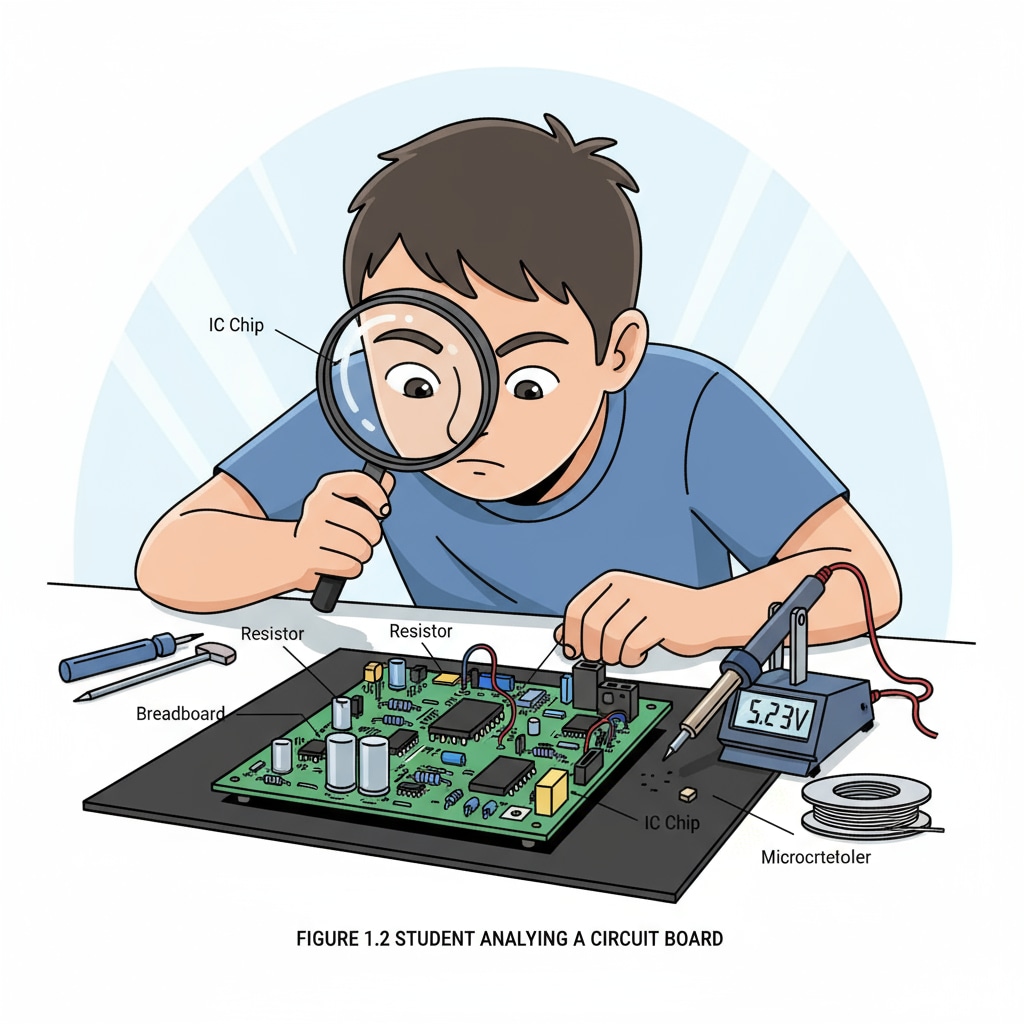Software engineering, degree conversion, computer engineering, and electrical engineering are key concepts when discussing the educational journey of students who aim to shift from the software realm to hard science domains. In today’s dynamic educational landscape, many software engineering students find themselves contemplating a transition to fields like computer engineering or electrical engineering. This shift is not without its challenges, especially when it comes to choosing the right degree program.

The Allure of Hard Science Fields for Software Engineering Students
There are several reasons why software engineering students are drawn to hard science fields. For example, the hands-on nature of computer engineering and electrical engineering offers a different kind of intellectual stimulation. These fields allow students to work with physical components, such as circuits and microprocessors. According to Computer Engineering on Wikipedia, computer engineering combines elements of computer science and electrical engineering, providing a unique perspective on technology. This can be appealing to software engineers who want to expand their skills beyond coding.

The Hurdles of Degree Conversion
However, transitioning from software engineering to a hard science degree is not a straightforward process. One of the main challenges is the difference in curriculum. Software engineering programs typically focus on programming languages, software development methodologies, and algorithms. In contrast, computer engineering and electrical engineering require a strong foundation in mathematics, physics, and electronics. As a result, students may need to take additional prerequisite courses to bridge the knowledge gap. Electrical Engineering on Britannica highlights the complex nature of electrical engineering curriculum, which includes courses on circuit analysis and electromagnetic theory.
Another hurdle is the adjustment to a different learning style. Hard science fields often involve more laboratory work, hands-on experiments, and problem-solving in real-world scenarios. Software engineering students, who are more accustomed to working on computers and in virtual environments, may find it difficult to adapt to this new way of learning.
Readability guidance: As we can see, the transition from software engineering to hard science fields like computer engineering and electrical engineering has its own set of challenges. By understanding these challenges, students can better prepare themselves for the degree conversion process. We’ve explored the allure of these fields and the hurdles they face, and in the next section, we’ll look at possible solutions.


